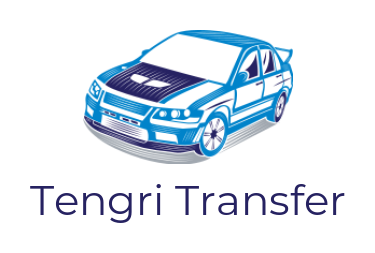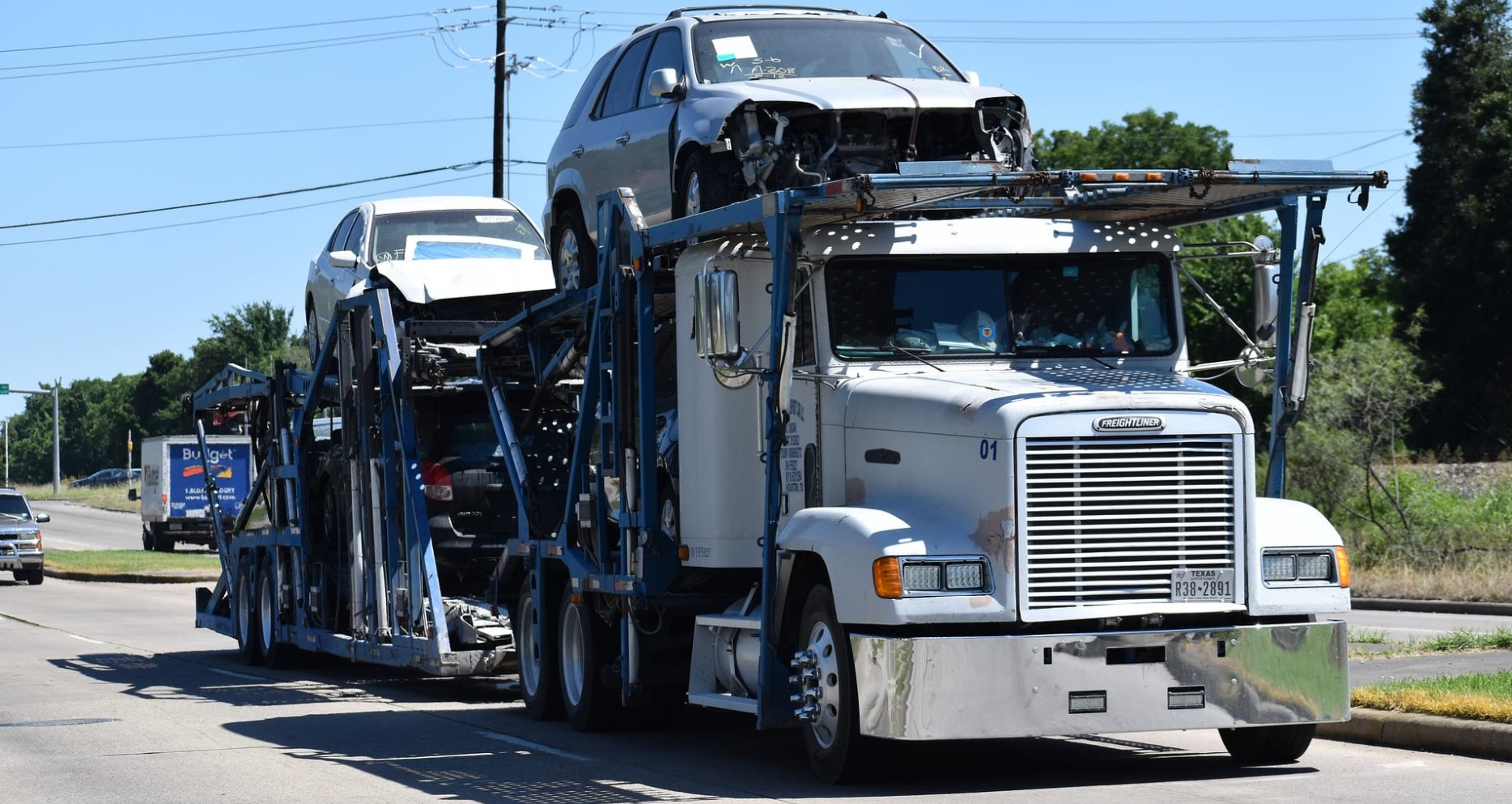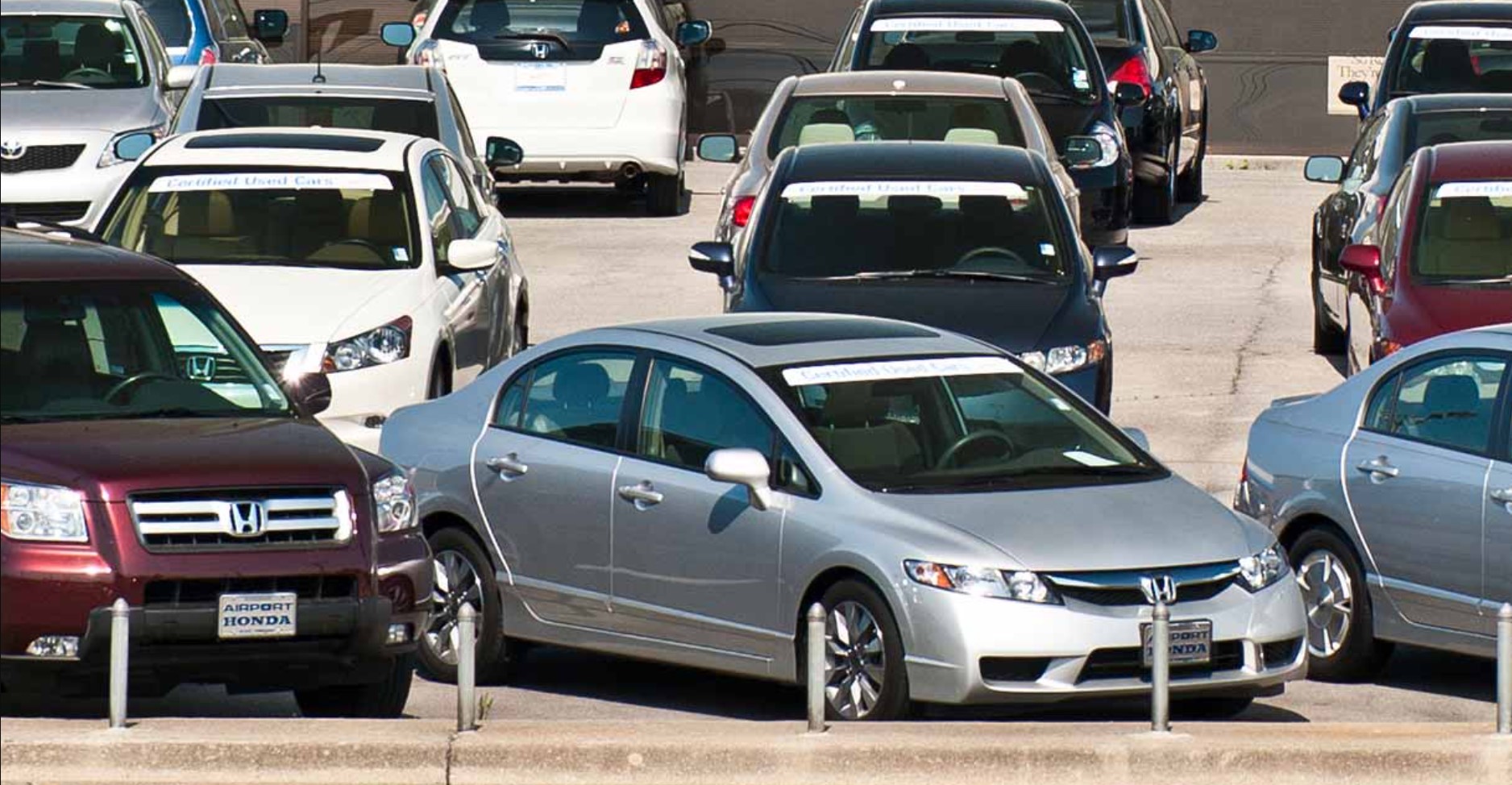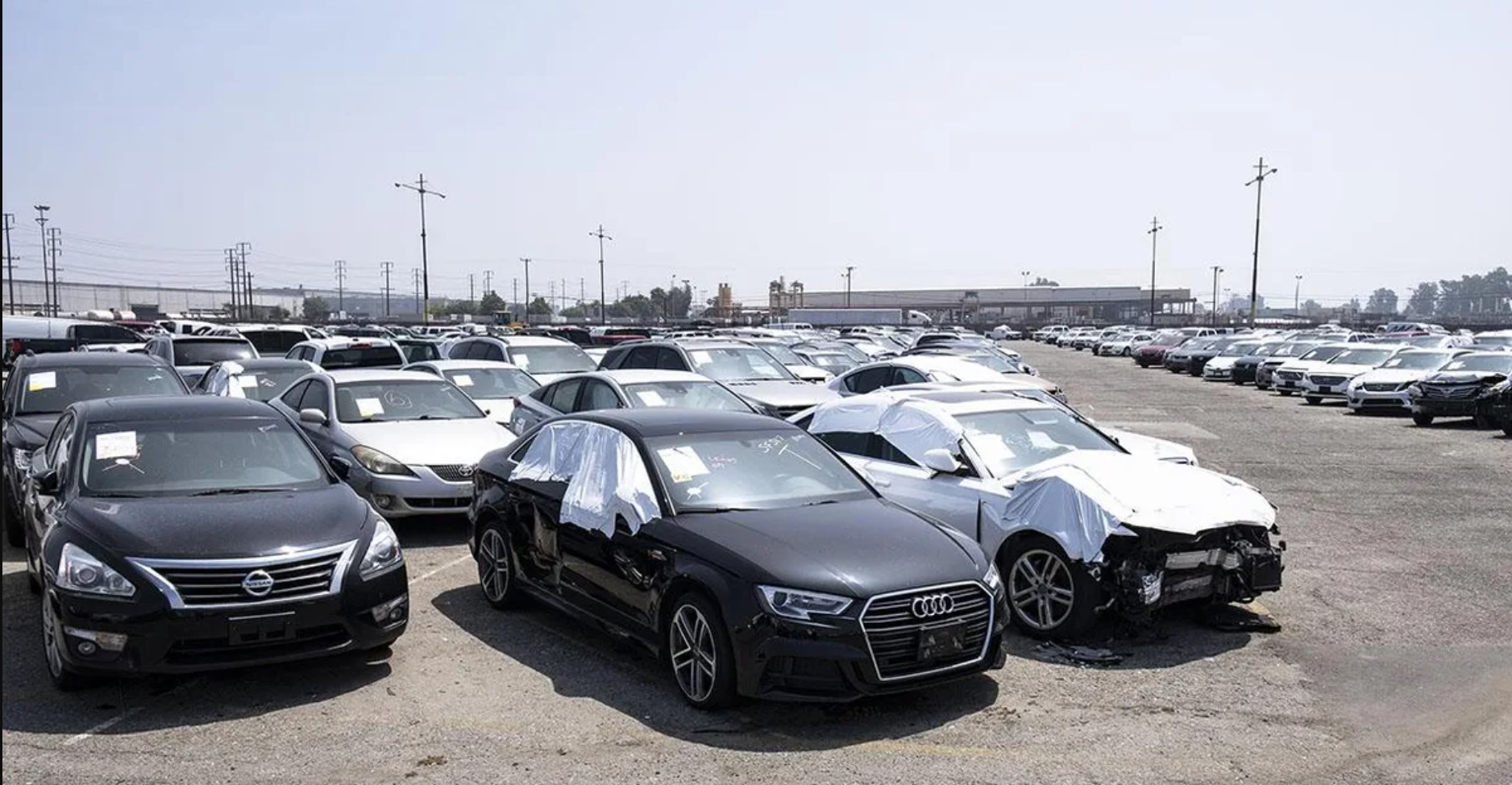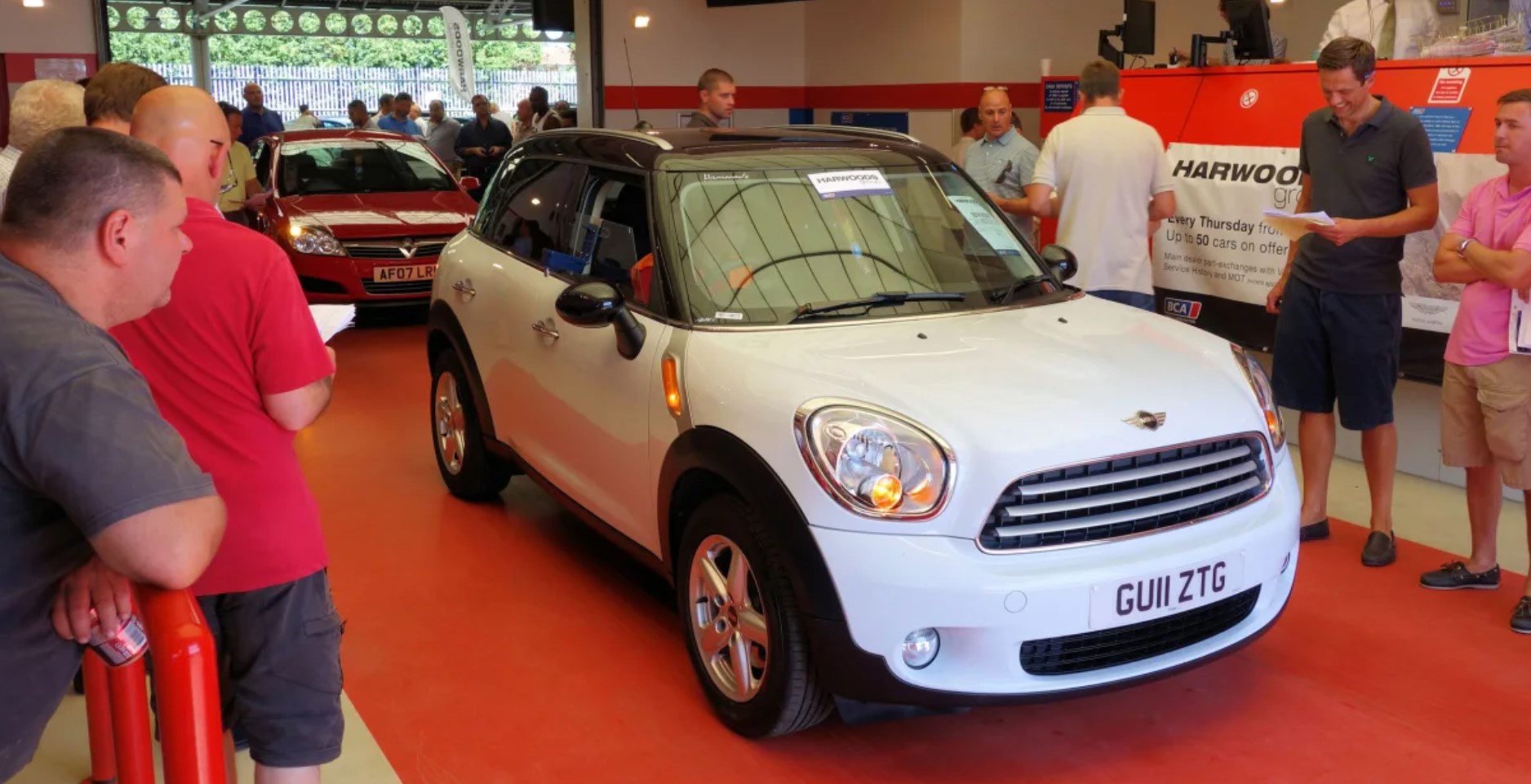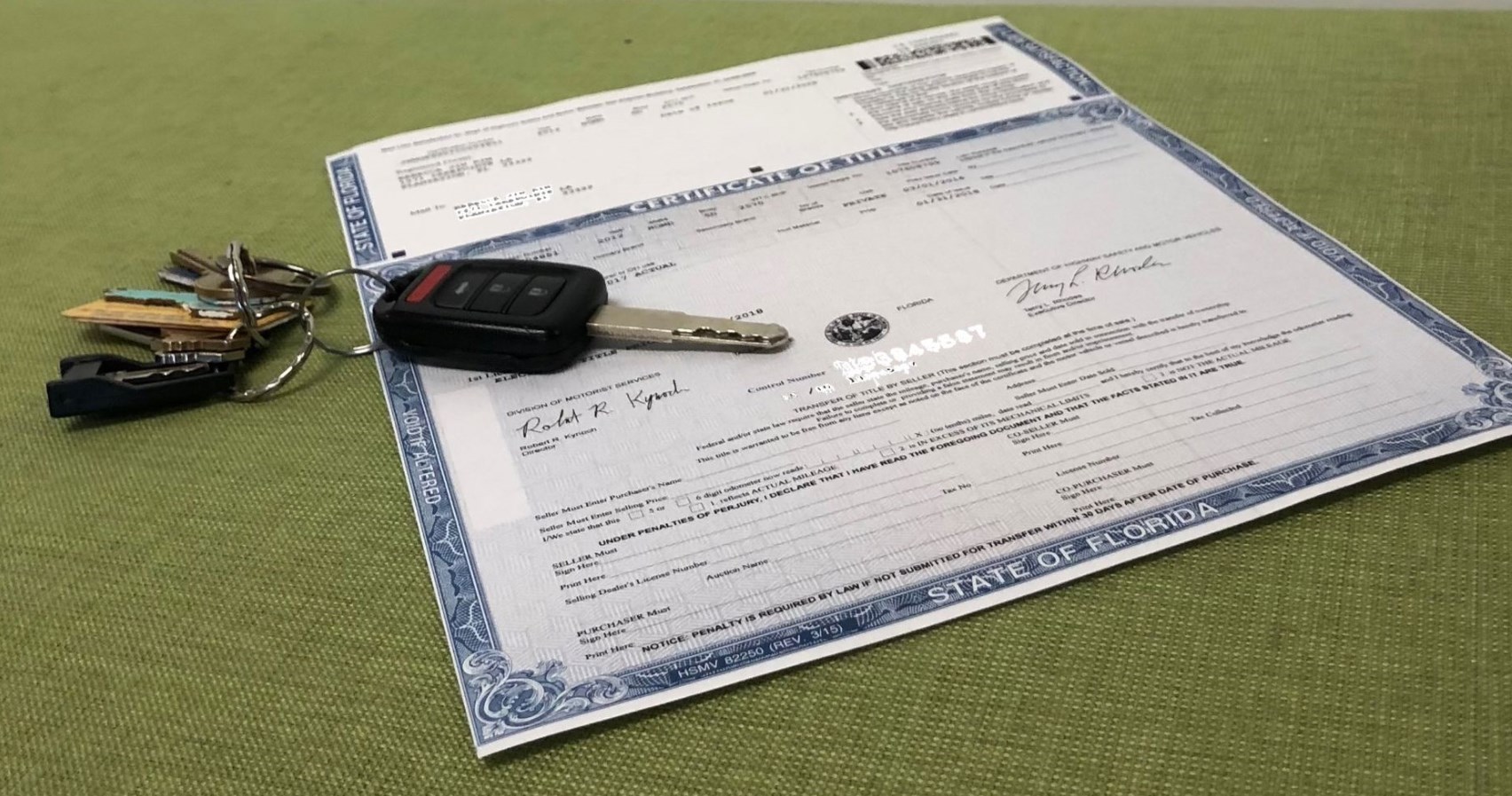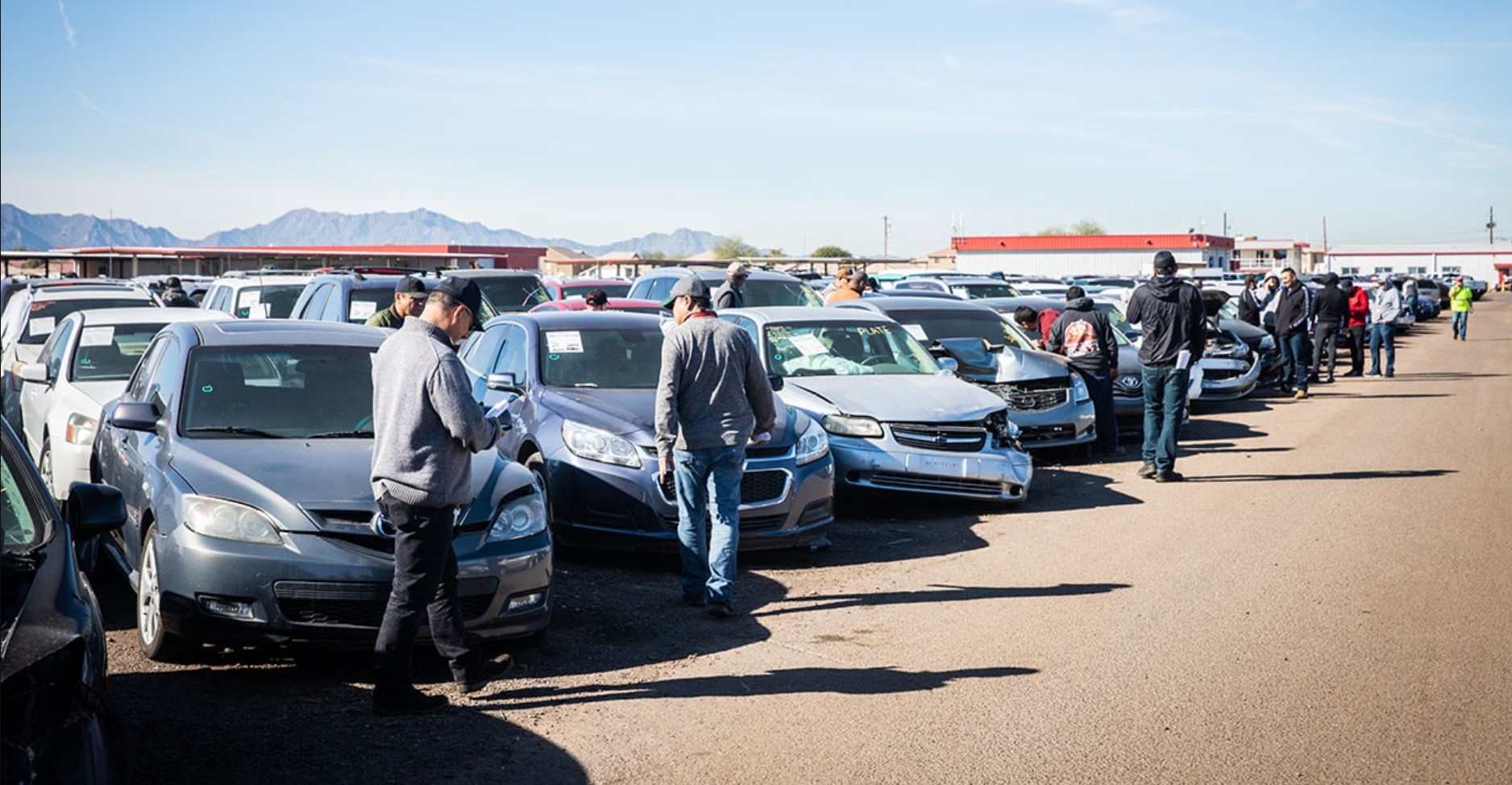
Insurance auto auctions provide a platform for buyers to bid on vehicles that have been deemed total losses due to accidents, thefts, or other incidents. These auctions offer a chance to purchase vehicles at potentially lower prices than traditional used car markets. However, navigating the world of insurance auto auctions requires understanding the different vehicle types, the auction process, and effective bidding strategies.
What are Insurance Auto Auctions?
Insurance auto auctions are events where insurance companies, salvage yards, and licensed dealers put up vehicles for auction. These vehicles have been damaged to varying degrees, and insurance companies have decided that repairing them would cost more than the vehicle’s value. The vehicles are then sold at auction to recoup some of the losses.
Types of Vehicles in Insurance Auto Auctions
1. Salvage Vehicles
- Salvage vehicles are those that have sustained significant damage, often to the point where repairs exceed the vehicle’s value. Buyers interested in salvage vehicles might have the skills to repair and rebuild them or use them for parts.
2. Clean Title Vehicles
- Clean title vehicles, surprisingly, have clean titles and haven’t been deemed total losses. These vehicles might have minor damage or have been recovered after theft.
3. Non-Repairable Vehicles
- Non-repairable vehicles are those with severe damage that’s beyond repair, making them suitable only for parts or scrap. They’re usually sold at lower prices compared to salvage vehicles.
The Auction Process
The insurance auto auction process involves several key steps:
Registration
Before bidding, participants need to register for the auction. This might require providing personal information and a deposit.
Vehicle Inspection
Buyers can inspect the vehicles before the auction to assess their condition. It’s crucial to carefully examine the vehicles, as they are usually sold “as-is.”
Bidding
During the auction, registered participants place bids on the vehicles they’re interested in. Bidding can be competitive, so having a budget in mind is essential.
Winning the Auction
The highest bidder wins the auction. If you win, you’ll need to pay the final bid amount and any additional fees.
Auction Bidding Strategies
When it comes to participating in insurance auto auctions, having effective auction bidding strategies can greatly impact your success. One crucial aspect is setting a budget before the auction and adhering to it. It’s essential to calculate potential repair costs, especially for salvage vehicles, and ensure that your bidding remains within your financial limits.
Another key strategy is researching the market values of the vehicles you’re interested in. Knowing the fair prices will help you avoid overbidding and getting caught up in the heat of the auction. By having a clear understanding of the vehicle’s worth, you can bid more strategically and secure a better deal.
Attending preview days is equally important. These sessions allow you to inspect the vehicles up close, assessing their condition and identifying any potential issues. Armed with this information, you’ll be better equipped to make informed decisions about your bidding, ensuring that you bid appropriately for the vehicle’s state.
Lastly, maintaining patience and discipline throughout the bidding process is crucial. It’s easy to become swept up in the excitement of the auction and end up overspending. Sticking to your initial strategy and budget will help you avoid impulsive decisions and increase your chances of making a successful and well-informed bid.
Payment and Documentation
Once you’ve won the auction, you’ll need to pay the final bid amount and any additional fees. You’ll also receive documentation related to the purchase.
Vehicle Pickup and Transportation
Once you’ve successfully won the bid at an insurance auto auction and completed the necessary paperwork, the exciting moment arrives when you can finally take possession of your newly acquired vehicle. Whether you’re picking up the vehicle yourself or arranging for transportation, careful planning and attention to detail are essential.
Options for Vehicle Pickup
When it comes to vehicle pickup, you have a couple of options to consider:
On-Site Pickup at the Auction
Many insurance auto auctions offer on-site pickup services. This means you can collect your vehicle directly from the auction premises. On-site pickup can be convenient, as you can inspect the vehicle one final time before taking possession.
Hiring a Transportation Service
If the auction location is far from your residence or if you’re unable to pick up the vehicle in person, you might opt to hire a transportation service. These services specialize in moving vehicles from one location to another safely.
Preparing for Pickup
Before picking up the vehicle, there are a few steps you should take to ensure a smooth process:
- Confirm Pickup Details: If you’re picking up the vehicle on-site, confirm the auction’s pickup hours and any specific requirements.
- Check for Requirements: Some auctions might require you to bring specific documents or identification for verification.
- Inspect the Vehicle: Whether you’re picking up the vehicle yourself or having it transported, perform a thorough inspection to document its condition before leaving the auction premises.
Ensuring Proper Documentation
Regardless of whether you’re picking up the vehicle on-site or having it transported, make sure to have all the necessary documentation in hand. This includes:
- Proof of Purchase: The documents confirming your successful bid and payment.
- Bill of Sale: A document that outlines the sale details and transfer of ownership.
- Transportation Arrangements: If you’re hiring a transportation service, ensure you have the contact information and details of the company.
Pros and Cons of Insurance Auto Auctions
Pros
- Potential for lower prices
- Opportunity to find unique vehicles
- Parts sourcing for repair enthusiasts
Cons
- Limited warranty or guarantee
- Risk of buying vehicles with hidden damage
- Competition and potential for higher bidding prices
Insurance auto auctions offer a gateway to buying vehicles that have experienced significant damage. Understanding the various vehicle types, the auction process, and effective bidding strategies is crucial for making informed decisions. While these auctions can provide great deals, buyers should approach them with caution and a clear understanding of the potential risks and rewards.
